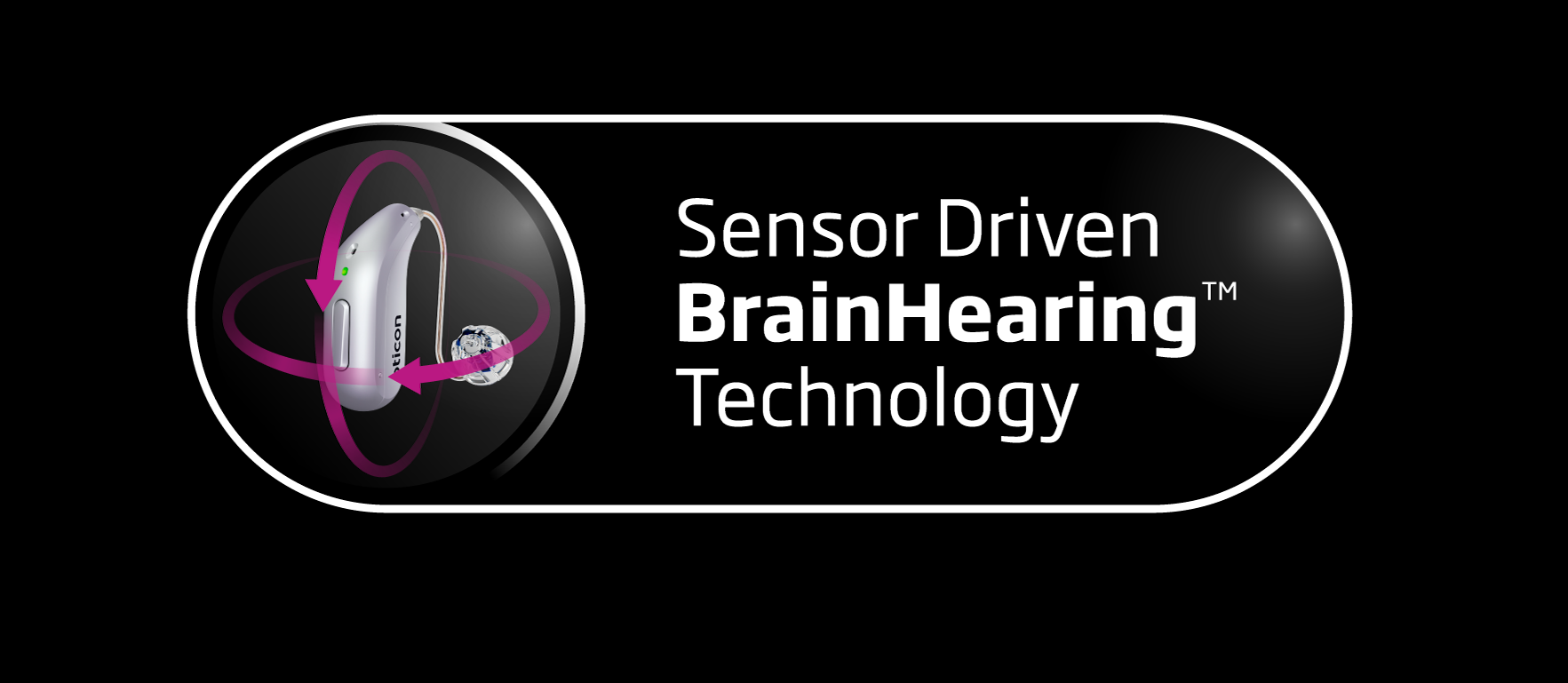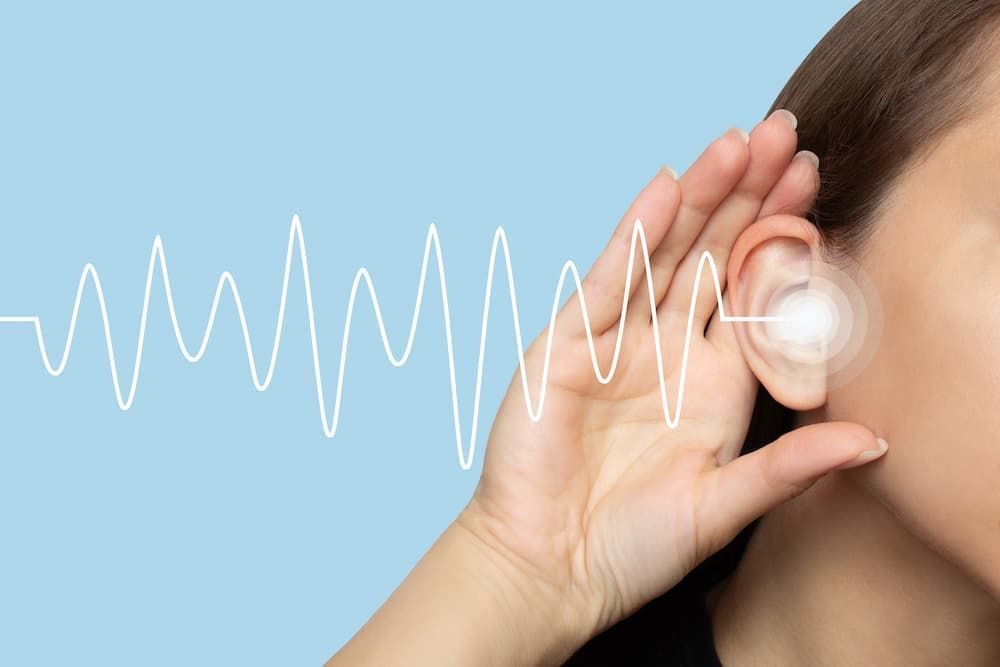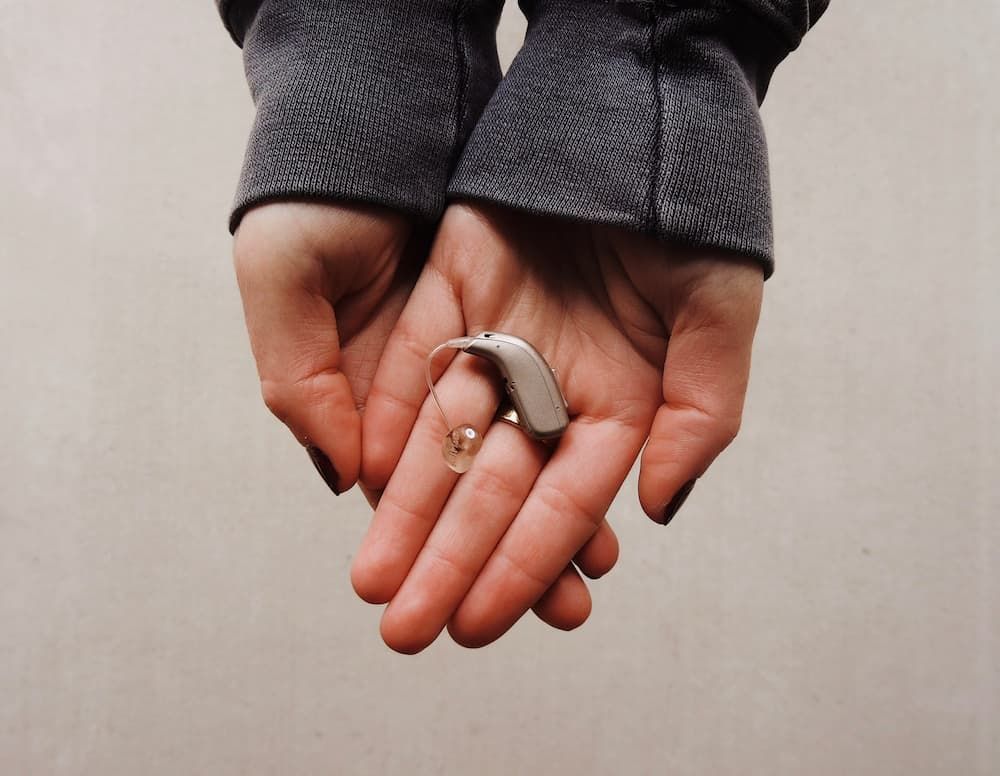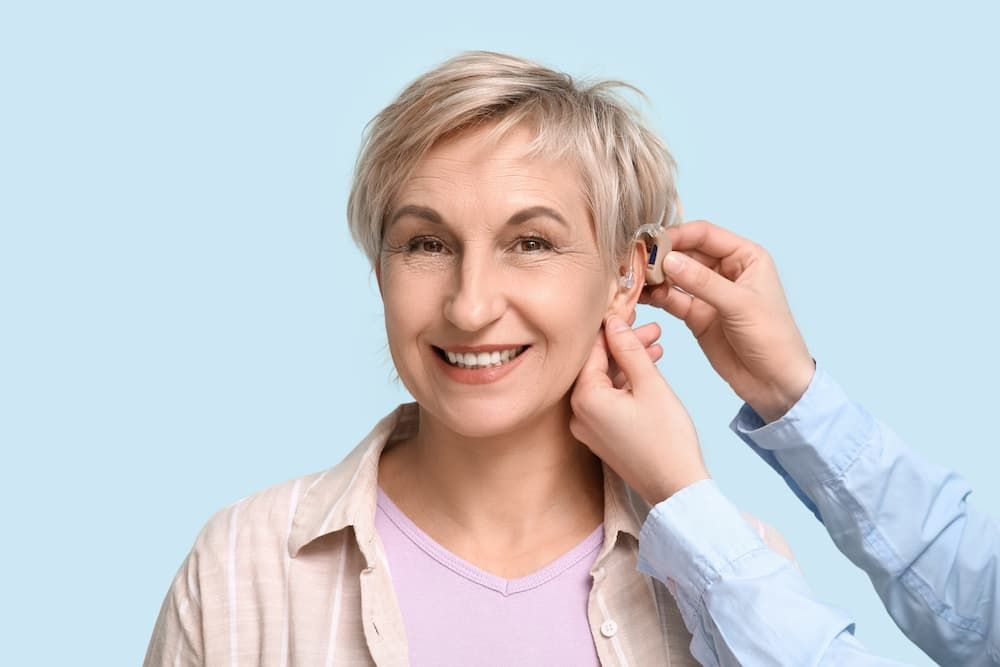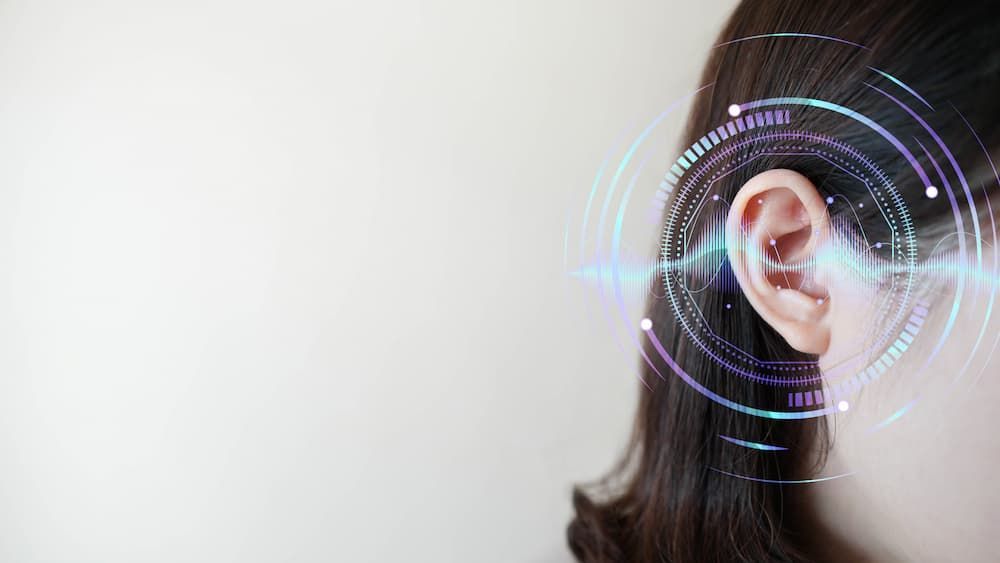Tinnitus Sufferers: Check Out NeuroMod

Tinnitus Sufferers: Check Out NeuroMod
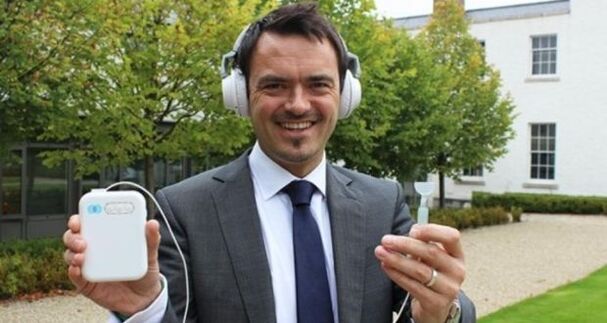
A start-up in Ireland has developed a totally fresh concept for treating tinnitus, and it's one that employs a fascinating technology.
Now, it hasn't come to market yet, so we can't get too excited. But know that we at Tinnitus & Hearing Center of Arizona are watching this development closely.
Most people know tinnitus as 'ringing in the ears.' Some sufferers hear a high-pitched droning noise, whereas others might describe it as more of a buzz, hiss, or whoosh. 'Tinnitus' is the formal medical terminology, but whatever you call it, it's certainly something that can wreak havoc on a person's life. They might have trouble sleeping, working, socializing, or even focusing on basic activities.
At the time of writing, no medical solution is known. On the other hand, Neuromod Devices, an Irish tech start-up, is rolling out a brand-new product that has the potential to provide breakthroughs in tinnitus treatment.
The name of the product is Mutebutton. Ross O'Neill is a neuroscientist who oversaw the development after spending six years at the Hamilton Institute at NUI Maynooth looking into a number of neuromodulation technologies prior to starting up a business in 2010.
In a little more than four short years, Neuromod Devices has plowed through the many regulatory, medical, and logistical challenges necessary. Their product is already available to those in the Irish Market.
O'Neill says that Mutebutton is a totally fresh way to treat tinnitus. Other various technologies are able to offer sufferers relief, but only when the specific devices are used. Alternatively, Mutebutton is able to generate genuine improvement in the condition of a patient.
Symptoms
Tinnitus happens both as a chronic condition and a temporary one. It can get induced due to underlying disease, although many times it's simply a matter of hearing loss that happens with age.
People of any age can suffer tinnitus, but adults over the age of 50 have double the odds of having it. Everyone has hair cells in their inner ears which turn physical sound waves into the neural impulses the brain uses to 'listen'. These hair cells get damaged over the passage of time.
In Ireland alone, roughly 45,000 individuals suffer from this affliction, according to the Irish Tinnitus Association.
The UK also has a similar association, projecting that 1 in 10 Brits of adult age are impacted. The association of the United States has a higher estimate of 15 percent of their population, meaning more than 20 million citizens suffer the condition to the level of being debilitated.
Tinnitus isn't just a matter of noise, either. Frequently-seen auxiliary symptoms include loss of sleep, anxiety, and even depression.
O'Neill goes on to say that he's spent almost a decade developing the treatment, and the goal was always to find something minimally invasive out of consideration to the patients. He was hopeful of avoiding implantation through surgery.
Every year across Europe and the United States, 12 million patients consult their physicians about clinically significant levels or conditions of tinnitus. Also, between aging populations and growing volumes of exposure to sounds, it's turning into a worldwide phenomenon that's anticipated to grow in the near future.
One way that tinnitus can be treated is by diverting the attention of the brain away from the sound or noise of the condition. Having said that, quite a few of the current masking devices utilized for this are unisensory and unfortunately not that effective.
Mutebutton is different, because it's a multi-sensory treatment which mixes soothing sounds along with mild stimulation of particular tongue nerves.
The mix of these two employs multi-sensory integration, which is one of the human brain's natural phenomena, so that it can learn how to better discern real sounds from fake ones.
Mutebutton has a small control unit, a tiny tongue pad, and a headphone set. Users should spend half an hour a day with it for at least 10 weeks in order to see results.
The Hermitage Clinic in Dublin carried on clinical studies in partnership with NUI Maynooth. This research demonstrated that the Mutebutton device can lower the volume of tinnitus by nearly half.
The development involved the collaboration of numerous experts. One of them was Caroline Hamilton, a tinnitus specialist and clinical audiologist. Stephen Hughes is a design engineer who also helped and also an MIT colleague of O'Neill back when he was employed there in the research department. Finally, Brendan Conlon, a senior ENT surgeon from St James's and Tallaght Hospitals helped out with contributions as well.
O'Neill claims that it's simple to make prototypes, but the real difficulty is scaling things up for high levels of manufacturing. He's happy that Mutebutton is being made in his hometown of Dublin, Ireland.
 Intended Markets
Intended Markets
In every market, the company is using both B2B and B2C vectors. Given how very creative this device is, the public needs to learn about it, but so too do the medical community and possible distribution networks.
The company has a current emphasis on getting Mutebutton off of the ground, but that's not to say that Neuromod is a one-hit wonder.
Tinnitus is only one of many chronic conditions that creative neurostimulation technologies might be able to help out with.
Mutebutton is certainly a stable technology platform, and it might be used for quickly developing and evaluating a variety of different neuromodulatory interventions. It's a core technology that is likely to be the foundation for many new products that can provide valuable market openings due to clinical needs that aren't currently being met at a global level.
O'Neill won't get into specifics, other than to say the same technology might work in circumstances of neuro circuits 'misbehaving'. These can include situations of illusory perceptions, tremors, and spasms.
Mutebutton's development enjoyed financial support by Enterprise Ireland, the Higher Education Authority, and Science Foundation Ireland. Several million in both seed and angel capital also helped, and the company is now enjoying a positive revenue stream.
The information provided in this article is not meant to be medical advice and is for educational purposes only. If you would like to learn more about this and other hearing-related topics, feel free to contact Tinnitus & Hearing Center of Arizona by clicking here or by calling 480-831-6159.
